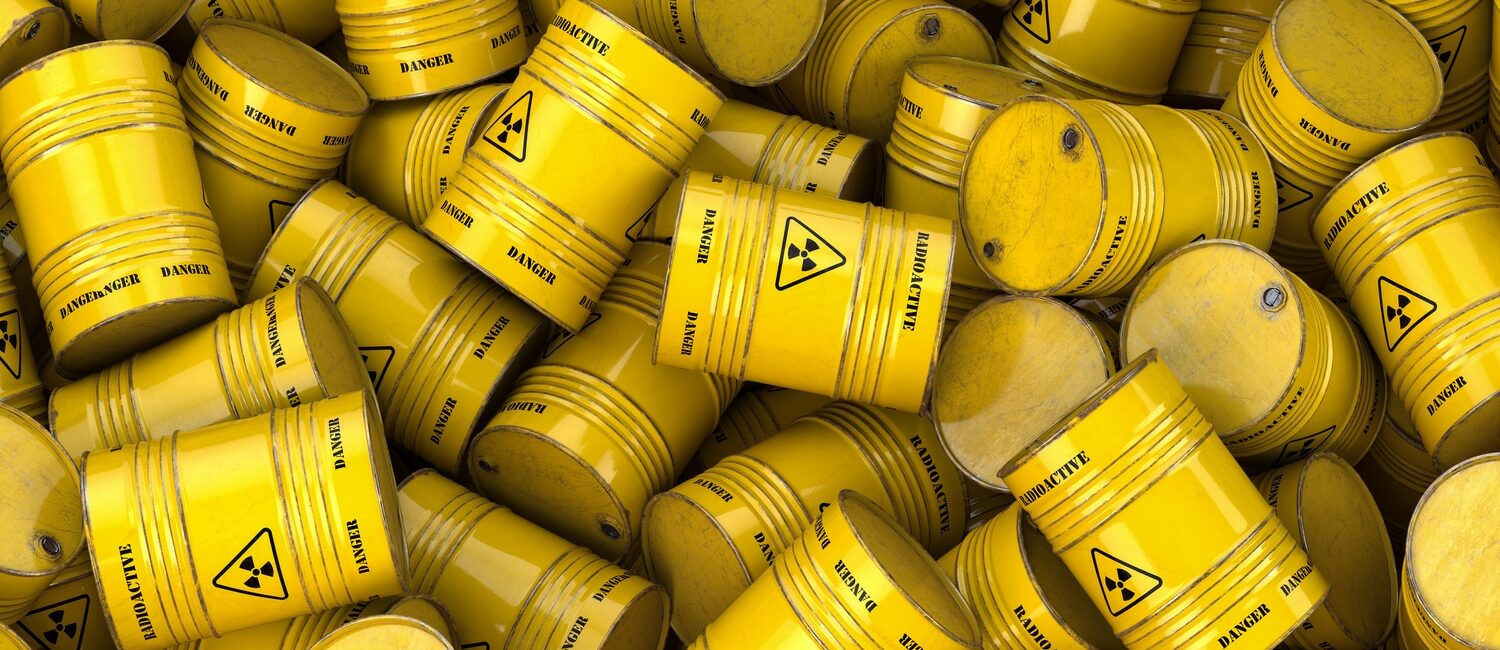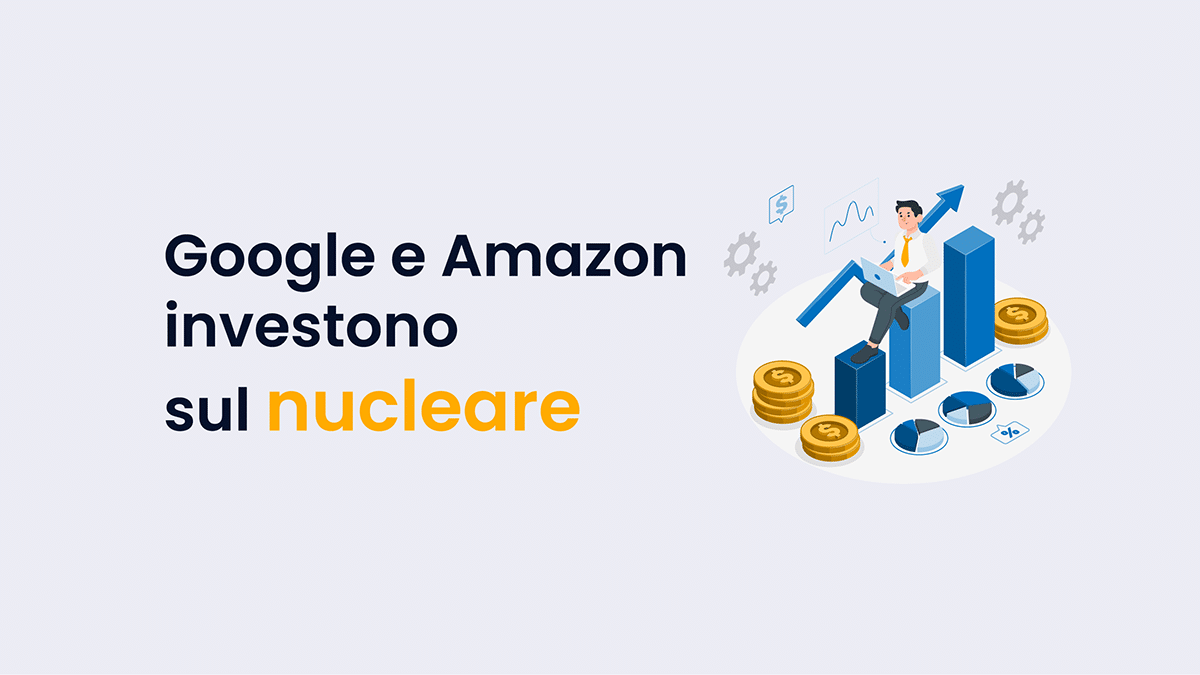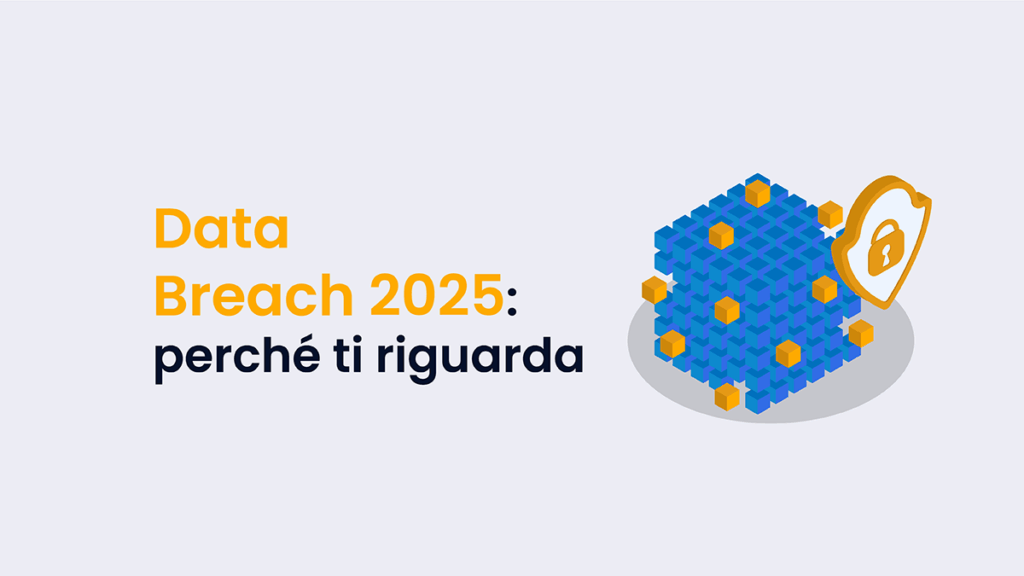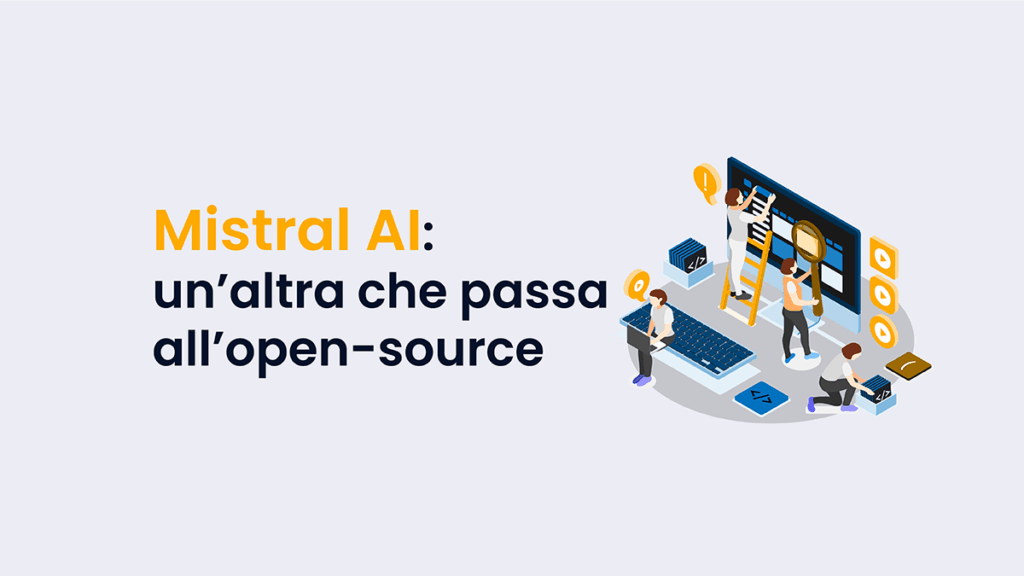Diciamocela tutta: il nucleare, a primo impatto, ancora potrebbe spaventare qualcuno. Sono troppo fresche le cicatrici dei disastri nucleari che hanno fatto la storia. Per non parlare degli effetti sull’immaginario collettivo, che interessano anche chi non vi è mai stato coinvolto in nessuna misura.
Questo simbolo che effetto ti fa?

Per alcuni non è rassicurante e potrebbe non esserlo mai. Ma per altri, oggi, nel nostro paese, invece lo è… anche per possibili sconti in bolletta. Almeno questo lo dice un’indagine di SWG commissionata e diffusa da iWeek in questo comunicato stampa.
Tecnicamente parlando il nucleare può effettivamente essere un’alternativa decisiva rispetto all’evidente insostenibilità del fossile.
Potente e pulita (se gestita bene), questa fonte di energia oggi si può produrre e stoccare in impianti molto più sicuri ed efficienti rispetto al passato. Passato che lascia sempre i suoi spettri come monito, mentre si deve fare ancora i conti con lo smaltimento dei rifiuti radioattivi: un processo lento, complesso e costoso, che rischia di generare danni globali per migliaia di anni.
Come rimedio, sembra che per per ora si punti principalmente sull’efficienza della produzione di energia nucleare, sostanzialmente per fare in modo che si producano meno rifiuti per ottenere la stessa o maggiore resa. Questa direzione ce la testimonia l’esistenza di nuove tecnologie che dovrebbe funzionare così e che sono già finanziate da diverse multinazionali, tra cui due enormi colossi del web.
Indice dei contenuti
Google e Amazon finanziano il nucleare: come e perché
Google ha siglato un accordo con Kairos Power per lo sviluppo e la costruzione di piccoli reattori nucleari modulari. Amazon invece ha deciso di investire su X-energy, un’altra azienda specializzata nella costruzione di questi particolari reattori, acquistandone quattro e siglando accordi per la loro gestione. I motivi dietro a queste mosse sono abbastanza chiari: ridurre le emissioni di carbonio significa garantire una fornitura energetica stabile e a lungo termine per i loro data center, sostenendo contemporaneamente la transizione energetica. Cosa che potrebbe determinare una maggiore influenza di questi multinazionali web nelle scelte dei governi e nella percezione dei popoli.
Ma che vantaggi portano questi piccoli reattori nucleari modulari?
Innanzitutto sono progettati per essere costruiti in fabbrica e assemblati sul sito, piuttosto che costruiti interamente in loco. Questo approccio modulare, appunto, riduce i tempi di costruzione e i costi complessivi, migliorando la possibilità di produzione dei reattori. Fattori favoriti anche dalle dimensioni ridotte e dall’inferiore capacità: riduzione di scala che fa anch’essa risparmiare produttivamente e che consente una maggiore flessibilità. Quindi questi reattori possono essere impiegati nella produzione di elettricità, nella desalinizzazione dell’acqua e nel riscaldamento di quartieri o impianti industriali. Per quanto riguarda la riduzione dei rifiuti – un fattore veramente cruciale – almeno sulla carta questi reattori promettono una riduzione significativa per via della loro efficienza. Tuttavia stiamo parlando di una tecnologia fresca.

Per capire se arriveremo o meno a questo risultato, e si potrà scongiurare, ci vogliono tempo, indagini e report chiari. È necessario che in corso d’opera si quantifichi se c’è effettivamente una riduzione complessiva concreta di rifiuti tossici, basata quindi non solo sulla riduzione di rifiuti relativa al singolo reattore, ma sul prevedibile numero maggiore di piccoli reattori modulari.
Infine, un’altra domanda rimane aperta: la scelta dei colossi del web di finanziare l’energia nucleare come influenzerà le decisione delle nazioni e la percezione delle persone? Anche questo lo vedremo nel tempo.










